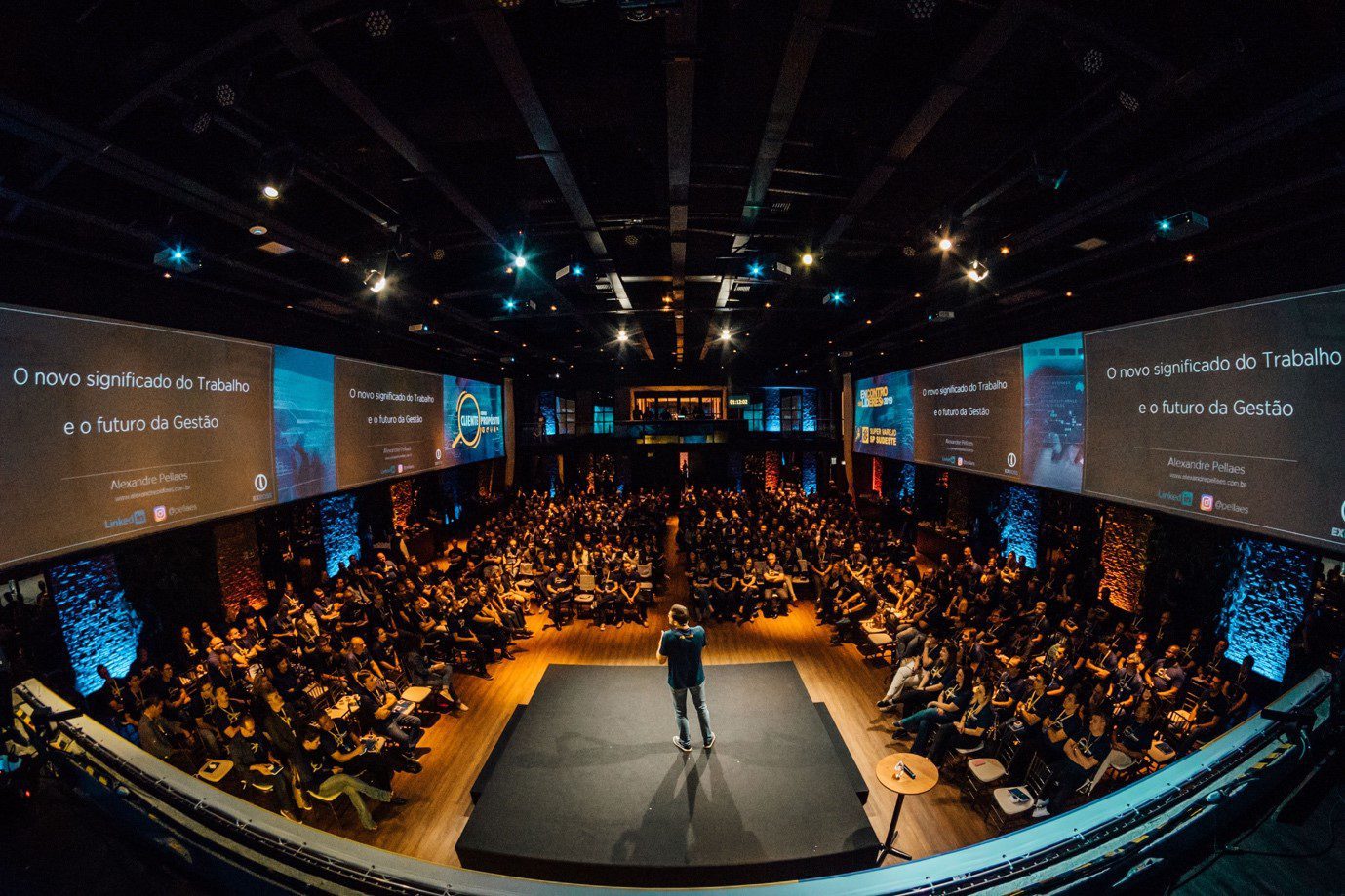In the 21st century world of work, doing just enough is no longer cutting it. As the world evolves, developing our skills and interests is becoming essential. Working full time in an office can make trying to upskill difficult enough – limited to using time outside of office hours, eating into our evenings and weekends to build our skills. Digital nomads face an entirely new set of challenges. Already juggling visas, co-working spaces, patchy Wi-Fi, transport and a myriad of other travel-related problems can leave little time for us to think about taking on a new skill, when so much of our time is already focused on making a living from what is usually one main source of income.
If we look at some of the most successful names in business – Bill Gates, Richard Branson, Warren Buffet; something they have in common is that they carve time out of their days to learn new things. Whether it is reading one book each week, doing an online course or taking up a sport, learning new things provides endless opportunities. Luckily as digital nomads, we have more opportunities than most to take our skillsets up a level. Here are some of the best ways to make upskilling a part of your routine:
Meet-Ups and Events
One of the key advantages that we have as digital nomads is the opportunity to meet new people, not just in an office, but everywhere from internet cafes in Colombia to co-working spaces in Bali. Digital nomads can be found across every skill and industry, which gives us the chance to meet people who will challenge us and impart their knowledge on subjects we are unfamiliar with. The fusion of a remote marketing executive and a computer programmer could lead to the next big app, having a coffee with a local remote worker could help teach you a new language – the opportunities are limitless.
Once or twice a week, try to connect with someone new. Not only does it make us more confident, but these new connections are a very simple, effective way to upskill both yourself and your business. By joining Facebook groups, LinkedIn networking events or finding like-minded people hosting their own get-togethers via apps such as Meetup.com, you can quickly find professionals in similar situations and discuss projects, news and opportunities.
Collaboration as a skill is not simply about making new connections, but about challenging ourselves and our ideas. It is easy to think that because we have been in business for many years, that we know the best way of working. Seeking out people who are polar opposites to us will quickly and radically lead to learning new things. Even if you have been working in your profession for twenty years, chatting to someone who is just starting out will give you an up-to-date view. Fresh perspectives are invaluable and will broaden your horizons, open up new opportunities and teach you unexpected skills.

Online Courses & Certifications
Online courses are one of the key ways for anyone, not just digital nomads, to quickly upskill in any area. Sites such as Udemy, Coursera and LinkedIn Learning have low-cost courses that teach you new skills in digestible, easy-to-understand videos. Nowadays, we can learn everything from animation to app programming, knitting or learning Chinese. As a digital nomad, courses like these are even more important to us, because they allow us to upskill from anywhere. If we spend just one hour, or even 30 minutes per day on these courses, on average we could learn roughly two new skills per month, and all that Is required is a good internet connection. Learning these skills allows us to broaden the scope of our work, accept new opportunities and not have to turn down clients due to missing skillsets.
Aside from full-on courses, there are many certifications that you can complete totally free of charge. You can study and take certifications in almost anything such as Google Analytics, Coding or UI and upon passing, will have hard proof to demonstrate this new skill, which can then be added to LinkedIn, your CV or portfolio.
Keeping up with Trends
No matter what industry you work in, keeping up with trends, news and developments is key to success. Keeping on top of new processes and programs will not only impress clients with up-to-date knowledge, but helps us ensure we aren’t left behind and that we are using the most relevant information and knowledge when we work.
With information so readily available, reading articles and literature surrounding industry trends is essential. Although many professionals attend conferences and panel talks to keep up to date, digital nomads can keep on top of this by listening to TED Talks and podcasts which are available at the touch of a button, and are great when you’re on the move.
Most industries have an official body which monitors and keeps up to date with the latest trends surrounding it, and these usually have the most recent industry information all in one place. Although the obvious ones may be law or medicine, there is actually associations and official bodies for all kinds of different sectors, such as marketing, virtual assistance and translation. Their websites, online groups and events can be both a goldmine of information and a valuable lifeline for keeping up to date with developing trends while you’re on the road or working abroad.
Mentoring
Being a digital nomad means mentoring looks slightly different, however young professionals and entrepreneurs can gain innumerable benefits by seeking help, knowledge and guidance from a more experienced professional. Mentors also usually provide a great opportunity for tapping into their own network and community, meaning you’re more likely to meet new people and implement new ideas into your business. Although as digital nomads we are on the road, finding a mentor does not have to be difficult. There are many online mentoring networks and events for this exact purpose, otherwise social media and simple email outreach are a great place to start connecting with people who you admire.
Alternatively, if you have been working in your profession for some time and feel confident, becoming a mentor yourself is a great way to get out of your comfort zone, meet someone new and challenge yourself. Although you will be imparting information to someone, mentoring is mutually beneficial and you can learn many new things through helping and networking with someone just starting out on their path.
Start a blog
A sure-fire way to quickly find out how much you know (or don’t know) about something is to start writing it down. A blog is a great way to learn an array of new skills, such as marketing, branding, SEO and social media. We may think in the digital age we are pretty up to date on social media and having an online presence, but learning to harness the power of this to our advantage is still valuable. You can write a blog on absolutely anything, and the more you write the more you will research and learn. You can write about your profession, or about something that is simply an interest or hobby. You don’t even have to monetise it if you don’t want to. Simply writing it down and treating it as a professional notebook of sorts will hone and expand your knowledge. Some great sites, such as WordPress and Wix, make starting a blog as simple as a few clicks and let anyone starting writing immediately. Also, having a record of your thoughts, achievements and progress is a useful way to measure your journey.

Sports
Working as a digital nomad gives us a far greater range of available hobbies than most people. If we want to try diving, Muay Thai, surfing or beach volleyball, there is most definitely a group of location remote people out there waiting for us to join in. Sports are vital not just for our physical wellbeing, but also for our social and mental well-being too. By taking part in, or even just trying out a new sport we open ourselves up to a broader range of people who we may never have considered collaborating with. Sports keeps our brain and body active and healthy and learning certain activities that require dexterity, skill or logic such as team sports can all translate positively into how we work. Regardless of whether it is a team sport or individual exercise such as running, there will always be something new we can learn. In team sports, collaboration, leadership and planning can be key. Individual sports require endurance, motivation and dedication. All of these are skills that we can develop, even if currently our furthest run has been for the next bus!

Languages
Did you know that people who speak two or more languages utilise both sides of their brain far more than those who only speak one? Learning a new language is an obvious and easy way to upskill as a digital nomad, because we are constantly surrounded by different nationalities. Not only this, but even at a conversational level, being able to make connections and conduct business in someone’s native language is a great way to build rapport and new friendships – even if you might not be great at first. Being location remote, we have a few options for learning new languages. Meeting and talking with locals living and working in your chosen country is a good first step, as nothing can compare to immersing yourself in local culture and speaking a new language every day. Alternatively, apps such as DuoLingo, Memrise and Rosetta Stone make learning languages on the go extremely easy and have every possible option, from Arabic to Finnish.
Books
Kindles, audiobooks or good old-fashioned paperbacks – books have always been the best way to learn new skills. Most successful entrepreneurs make time in their schedule for reading new books. Setting time aside for ourselves to read a book per month, or more if you read quickly, soon mounts up. Although it is beneficial to read books outside of our comfort zone, on subjects we are unfamiliar with, even reading enjoyable fiction books can broaden our horizons and give us a chance to recover and take some time to refresh outside of work. There is also a plethora of recently released apps such as Blinkist, which summarise the most important messages and points from well-known books in a succinct way, meaning we don’t even need to read books cover to cover any more to benefit from their information!

Upskill your emotions
Upskilling is widely considered to be simply about learning new hard skills but learning to expand your social and emotional skills (soft skills) is equally useful. This is particularly important for digital nomads, as we can be constantly on the move or surrounded by new people. This requires personal traits such as adaptability, resilience, confidence and many others, all of which can be developed through practice. Although it may be daunting, offering to take on a leadership role in a project, actively listening to and collaborating with co-workers or volunteering for tasks you wouldn’t normally do, can instantly level up the way you look at things, both personally and professionally. Other ways we can fine-tune our emotional intelligence is by doing activities such as yoga, meditation or speaking to a therapist. These are activities that separate us from work and allow us to spend time focusing on ourselves, which overall will lead to better emotional and professional development.

Set achievable goals
Implementing all of these things can be difficult but an easy way to ensure you achieve your targets is to set simple and clear goals. Everyone learns differently, so setting goals is very much individual to all of us. Creating a list, spreadsheet or timetable is a great way to make sure we fit everything into our day, even if we only schedule 30 minutes in the morning or evening dedicated to learning something new. Particularly for digital nomads, it can be easy to get caught up in keeping on top of client work, travel and logistics, but the range of options available to us online in the 21st century means there is now little excuse not to utilise these to upskill. A golden rule of upskilling is that within your life, try to have a skill that keeps you fit, a skill that makes you money and a skill that works your brain. Regularly rotating these and trying new things will quickly lead to you having an array of brand new skills up your sleeve.












